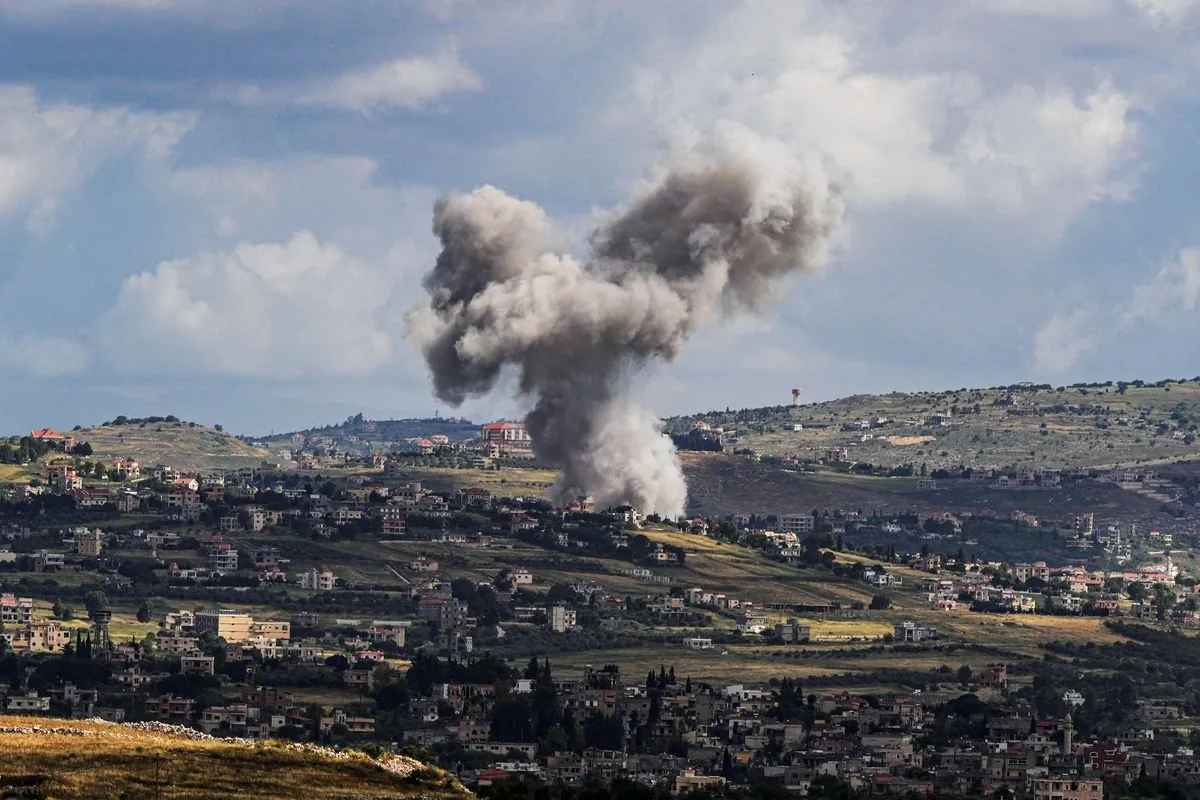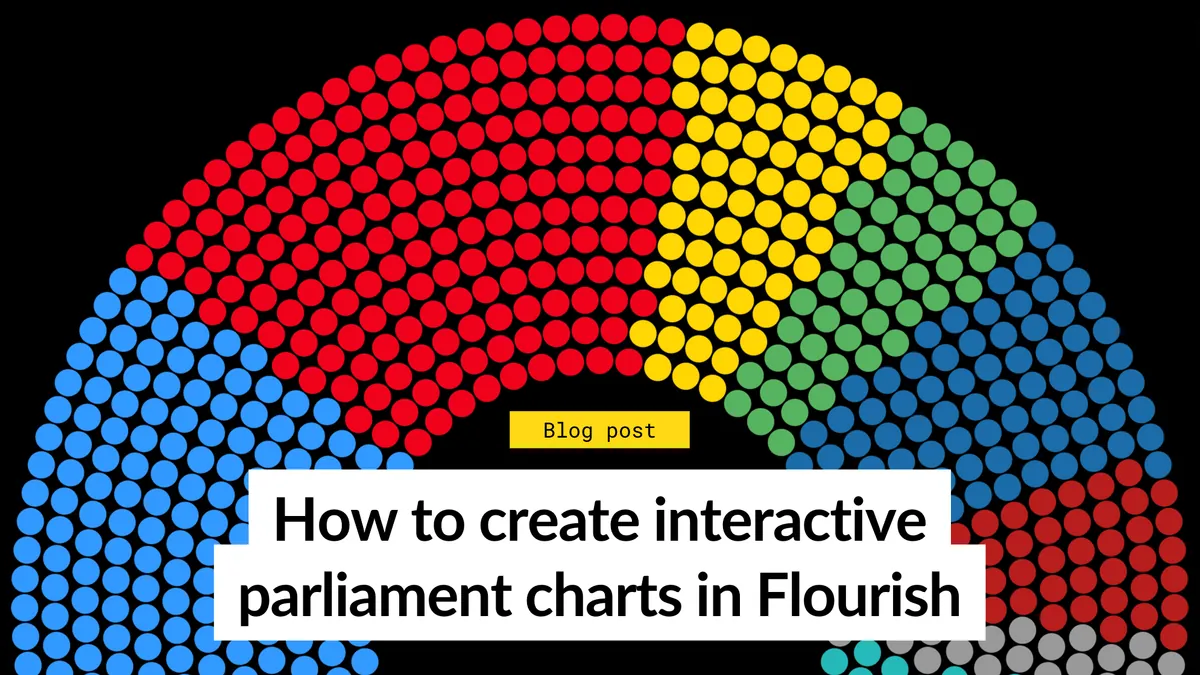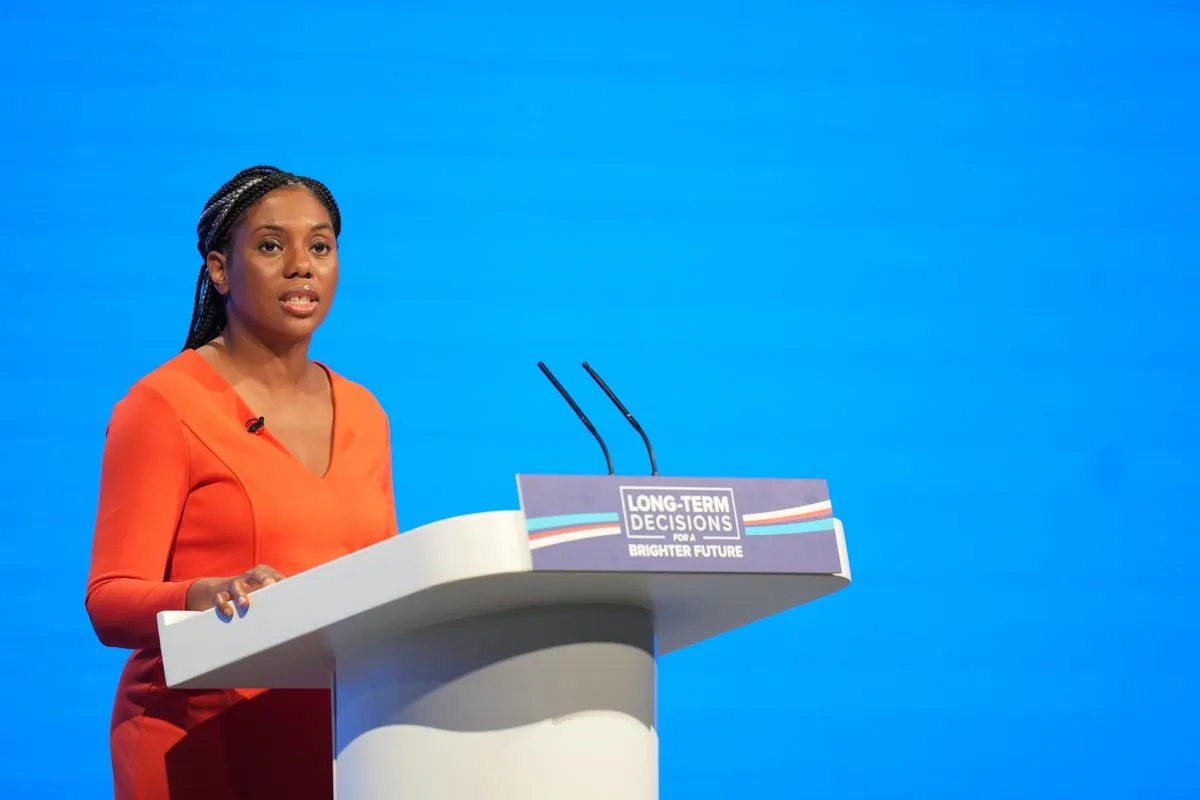Israel Launches Major Airstrike on Hezbollah Targets, Tensions Escalate
Israel conducted intense bombing raids on Hezbollah positions in Lebanon, destroying numerous rocket launchers. Hezbollah and Iranian officials responded with warnings, heightening tensions in the region.

In a significant escalation of the ongoing conflict, Israel launched a major airstrike campaign against Hezbollah targets in Lebanon. The operation, which took place on September 19, 2024, targeted approximately 100 rocket launchers and other military infrastructure, marking one of the most intense bombing raids since the war's inception.
The Israel Defense Forces (IDF) reported that fighter jets struck "terrorist infrastructure sites" comprising roughly 1,000 barrels prepared for immediate use in missile launches against Israel. This operation highlights the growing tensions along the Israel-Lebanon border, a region that has witnessed numerous conflicts over the past decades.

Following the airstrikes, the IDF instructed residents of seven communities along the Lebanese border and in the northern Golan Heights to limit their movements and stay close to shelters. This precautionary measure underscores the volatile situation in the area, which has been a flashpoint since Israel's withdrawal from southern Lebanon in 2000 after an 18-year occupation.
The United Nations Interim Force in Lebanon (UNIFIL), established in 1978, urged for de-escalation, noting a "heavy intensification of the hostilities across the Blue Line." This UN-drawn frontier, established in 2000, separates Israel from Lebanon in the absence of a formal border agreement between the two nations.
In response to the Israeli operation, Hassan Nasrallah, the Secretary-General of Hezbollah since 1992, delivered a defiant speech. He accused Israel of crossing a "red line" with recent attacks that resulted in numerous casualties and injuries. Nasrallah, who has led the organization through various conflicts, including the 34-day war with Israel in 2006, warned of potential retaliation.
"We have suffered a heavy blow. This is war, this is conflict. We know the enemy, not only Israel, but also the US and Nato, has technological superiority."
The involvement of external actors adds another layer of complexity to the situation. Hossein Salami, commander of Iran's Revolutionary Guards, which was established in 1979 following the Iranian Revolution, threatened a "crushing response" to Israel's actions. This statement reflects the broader regional dynamics at play, with Iran being a key supporter of Hezbollah since its foundation in 1985 during the Lebanese Civil War.
Israeli Defense Minister Yoav Gallant addressed the situation, acknowledging both the "significant opportunities" and "significant risks" in this new phase of the conflict. He emphasized Israel's goal of ensuring the safe return of northern communities to their homes, a reference to the ongoing security concerns along the approximately 120-kilometer Israel-Lebanon border.
The recent escalation comes amidst an investigation into mysterious pager explosions in Lebanon earlier in the week. While Israel has not directly commented on these incidents, they have further heightened tensions in a region already grappling with a complex history of conflicts and power dynamics.
As the situation continues to evolve, the international community watches closely, aware of the potential for further escalation in this volatile region. The conflict underscores the enduring challenges in achieving lasting peace and stability along the Israel-Lebanon border, a goal that has remained elusive since Lebanon gained independence from France in 1943.


































